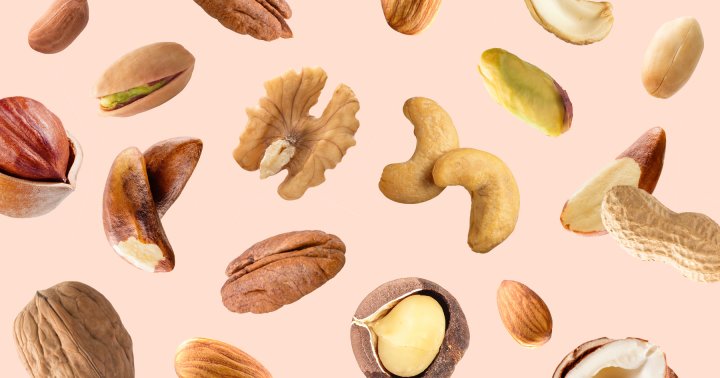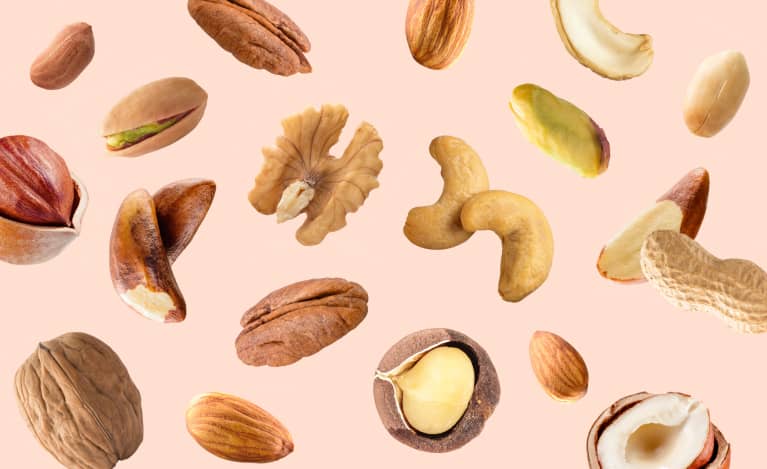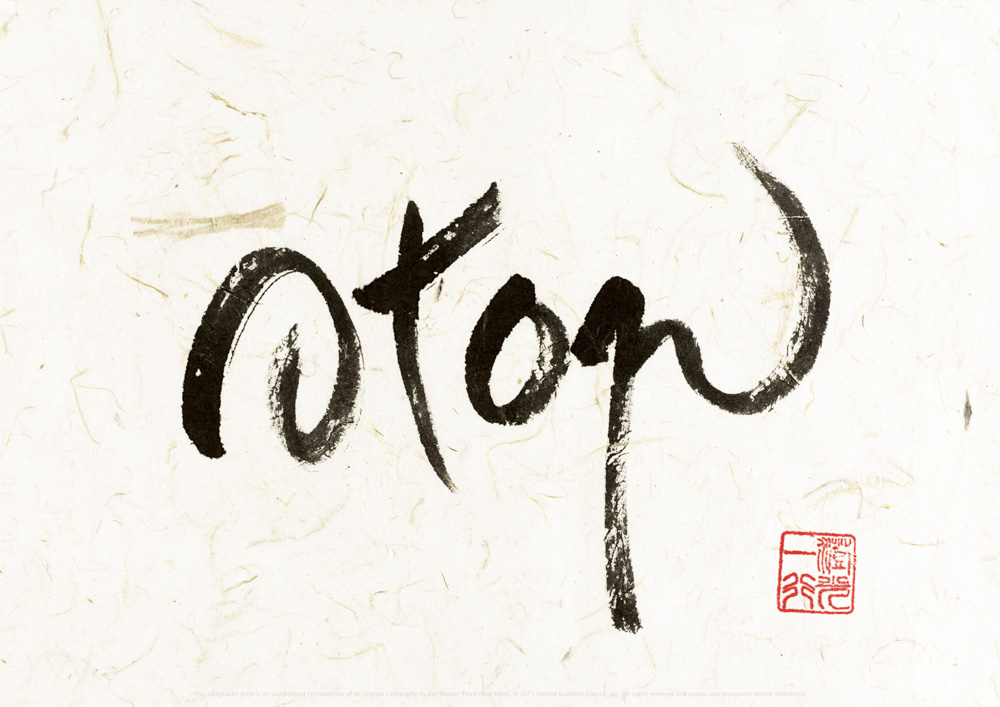This Underrated Superfood Helps Support Thyroid & Immune Health
A nutrient-packed seed with an interesting history.


Seeds have played a pretty big role in the history of human nutrition. Seeds have been a life-sustaining food since ancient hunter-gatherer times, offering varying degrees of fat, protein, vitamins, minerals, and fiber, depending on the plant species.
One of these enduring food powerhouses is Brazil nuts—which, despite the name, are actually edible seeds from the Amazon Basin native Bertholletia excelsa tree.
A little background on Brazil nuts.
Functional Nutrition Coaching
Take your functional nutrition journey to the next level.

These seeds (or castañas in Spanish) come almost solely from lowland rainforests in South America, where Brazil nut trees grow abundantly wild and live for hundreds of years.
Comparable in size to a coconut (weighing up to six pounds), the Brazil nut tree's fruit contains around 10 to 25 angular seeds, arranged like citrus segments within a larger pod.
Because the trees are so tall to climb (these majestic species can rise as tall as 197 feet), nuts can only be gathered during the rainy season when mature fruits fall toward the ground (helmets on!).
By the 17th century, Dutch traders had already introduced Brazil nuts to the world market, less than a century after Spanish and Portuguese explorers first came across these bitter-tasting seeds.
According to history writer David A. Taylor, officer Juan A. Maldonado and his troops were on a reconnaissance mission close to the Peruvian-Bolivian river Madre de Dios, when Cayanpuxes Indians told him about the nuts, which he called almonds of the Andes. However, it wasn't until the Amazon river opened to foreign commerce in the 19th century that Brazil nut production rose extensively—coinciding with Brazil nuts' first official United States customs entry in 1873.
Today, Bolivia, the largest Brazil nut exporter, accounts for 50% of the total world's harvest per the Observatory of Economic Complexity (OEC), followed by Brazil and Peru.
These hearty seeds pack a lot of unique nutrients, and potential benefits for your health.
1. They're rich in selenium.
Brazil nuts are the highest known food source of selenium, an essential trace element for the human body. Selenium can offer a number of potential health benefits (more on that below). Studies suggest that eating just two Brazil nuts a day can help you get adequate levels of this important nutrient.
It's important to note that you don't want to overdo it on selenium (symptoms can include rashes, dizziness, or more). So if you're eating a diet rich in other sources of selenium—such as yellowfin tuna, halibut, sardines, and oysters; pork; cottage cheese; and sunflower seeds—you may want to limit this nut in your diet.
2. They're nutrient dense.
In addition to selenium, Brazil nuts' nutritional composition offers protein, fatty acids, fiber, and other bioactive compounds with associated health-supporting benefits. They also contains a number of important micronutrients, such as magnesium, copper, and zinc, to name a few.
3. They support thyroid function.
""Brazil nuts are really rich in selenium, which is great for thyroid function," Vincent Pedre, M.D. previously told mindbodygreen. Research suggests supplementing with selenium may aid in thyroid balance, whether you're trying to optimize thyroid function or you have a thyroid disorder. In fact, one study found that selenium supplementation may potentially improve reproductive outcomes and ease symptoms for women with PCOS.
4. They're rich in antioxidants.
Brazil nuts contain antioxidants, including selenium, vitamin E, and phenols like gallic acid and ellagic acid—which may offer a number of benefits. Ellagic acid, for example, has anti-inflammatory properties which can support brain health. What's more, this seed can help support immunity, since our immune system relies on adequate selenium intake.
8 Brazil nut recipes to try:
https://www.mindbodygreen.com/articles/brazil-nuts-history-health-benefits

 FrankLin
FrankLin 





























